Personality Preferences and Puppy Play!
We recently added a Cockapoo puppy to our household. And oh, what joy, what chaos, and what fun our little Eevee has brought to our family! My 10-year-old son loves to wrestle on the floor with Eevee, tease her with toys, and snuggle with her in bed. My 7-year-old daughter likes to carry Eevee around like she's one of her stuffed animals and build little forts and beds for her out of pillows and blankets. It's heartwarming to see their relationships grow.
However, they both seem to struggle with the fact that their adorable little fluff ball has a mind of her own and may not always be up for whatever activity they have in mind for her at the moment. My daughter can get frustrated that Eevee won't stay in her forts and beds and that she wants to wriggle out of her arms. She can react a bit harshly and forget that her pup is not actually a stuffed animal, but a living, breathing animal with feelings. My son tends to be amused by games that are a bit torturous for Eevee. He feels sad when she tries to get away from him when he wants to snuggle, and he holds her too tight and locks her in the room with him despite her whining or growling to express her displeasure.
When these issues started popping up, I had been trying to help guide the kids to treat Eevee the way I thought she should be treated but had been noticing myself beginning to sound like a broken record. My repetitive pleas to "Treat Eevee with kindness!" and "Hey! Are you thinking about Eevee's feelings right now?" and "Um, no thank you! Please don't do that to the puppy!" seemed to just go in one ear and out the other. Their desire to play with Eevee in their preferred way seemed to outweigh their empathy for the dog's feelings. I was at a loss and feeling frustrated. Why wouldn't they listen to me?
Eventually, I remembered my handy-dandy knowledge of typology, and took some time to think about how I might be able to motivate my kids to change their behavior using what I know about their type preferences. My son, who has INTJ preferences and therefore uses Extraverted Thinking (or Thinking in the outside world), tends to be more motivated when he can see the logical outcome of an action and how that will improve things in the future. So instead of telling my son the outcome that I wanted out of the situation (which was for him to be kinder to the puppy), I thought about what outcome he wanted.
I know he feels the saddest when Eevee chooses to spend time with someone else in the house over him. He was locking her in the room with him because it was the only way he knew how to force her to spend time with him. So, I focused on the outcome he wanted: quality playtime and snuggles with his pup. I explained to him that the more time he spent playing with the puppy in the way that SHE wants to play, such as tug of war or throwing her ball, and the less time he spends locking her in places she does not want to be locked and teasing her, the more she'll gravitate towards him and want to spend time with him because she will enjoy the things she gets to do with him. Sure enough, as this message sank in for him, I found him spending more time playing games that Eevee likes and paying attention to her cues that she was unhappy. Over time, she has stopped avoiding him as much, and will even voluntarily let him cuddle with her from time to time!
My daughter, who has ISFP preferences and therefore uses Introverted Feeling (or Feeling in the inside world), tends to be more motivated when things line up with her inner values and desires. I realized my repeated pleas to my kids to treat Eevee better were about my own values and desires of how the kids should treat the puppy, and perhaps it was time to instead have a conversation with my daughter about what her values were around being a responsible puppy owner.
Sometimes Introverted Feeling can be a slow process, especially if it's the first time that person has thought about that particular value. And when I first asked my daughter what type of puppy owner she wanted to be she didn't have a clear answer. But after she had a lot of time to think about it, she started to articulate that she wanted to treat Eevee with kindness and make sure that Eevee has a happy home and is always welcome and loved in our family. From then forward, when I noticed her being too rough with the puppy, I gently asked her again what her "puppy owner" values were so that she could make sure her actions were lining up with her values. Over time, much in the same way that her brother did, she started spending more time playing games that Eevee seemed to enjoy and spending less time forcing the pup to do things that she wanted to do. She became gentler towards her as well, and felt proud of her changed behavior too, once telling me, "I've been playing things that Eevee really likes and I think it makes her really happy! I think she knows that we really love her and like having her in our family!"
This morning I watched as my daughter carried Eevee out of her room and set her down the moment Eevee started to wriggle around and then threw her favorite ball for her. My son came out of the bathroom after brushing his teeth for school and gave Eevee her morning hug goodbye, not holding on and trapping her for too long as he might have done a couple of months ago. They gently wrestled together for a minute before we put our shoes on to leave and I found myself thinking, "It's amazing what my children are capable of when I play to their strengths!!!"



_thumb.png)















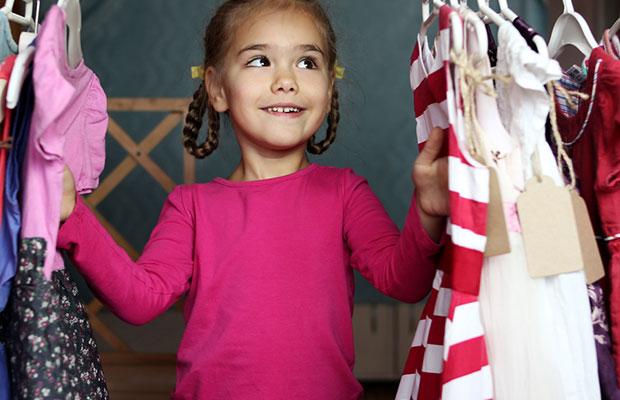
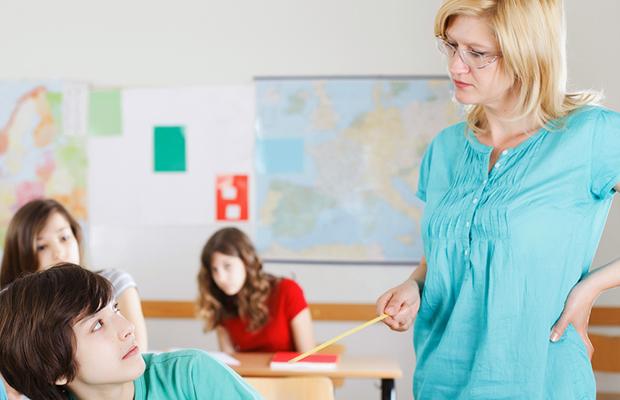
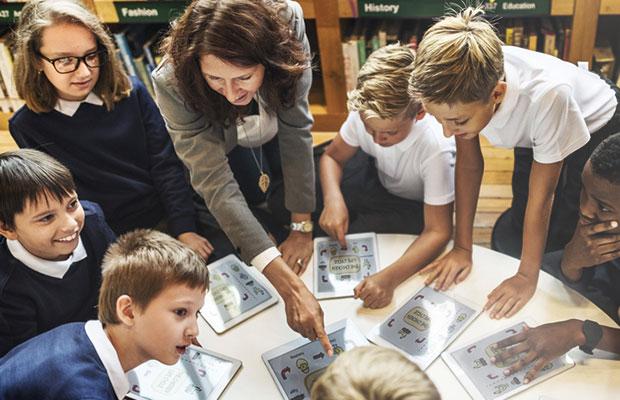


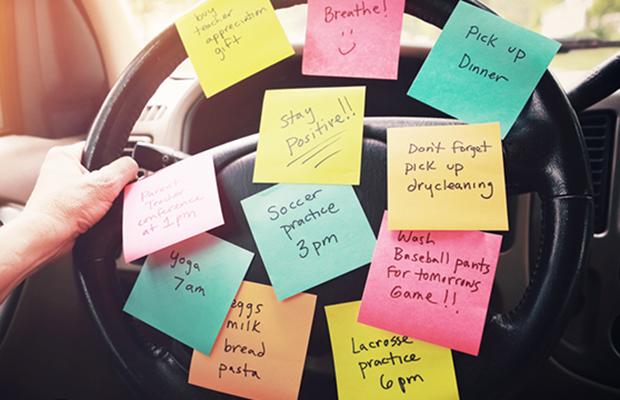


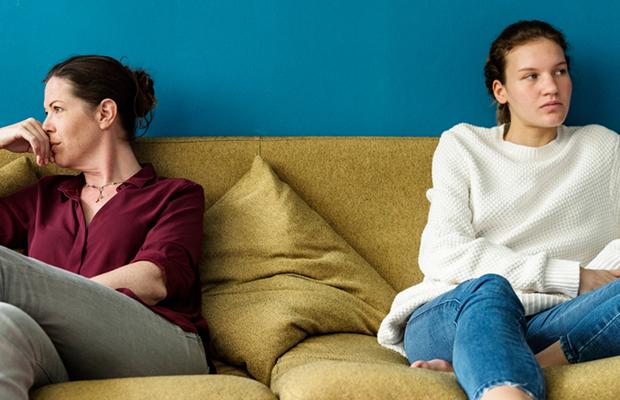



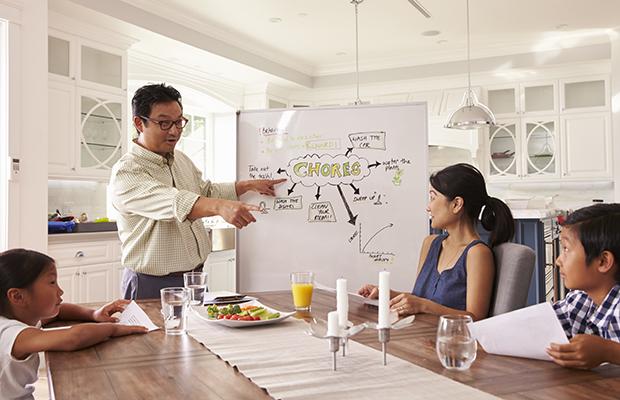


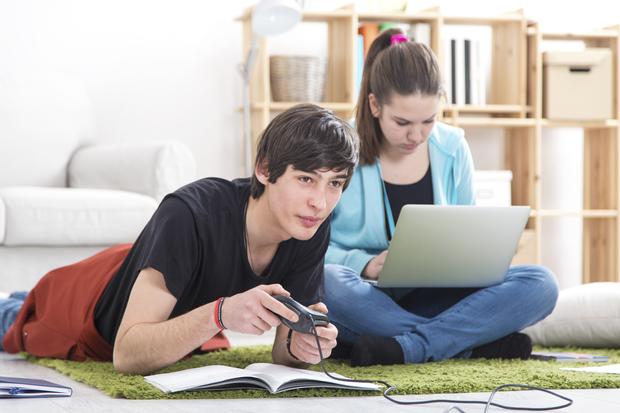









.png)




_thumb.png)
_thumb.png)
x.png)
_thumb.png)
.png)
.png)
.png)
.png)
.png)

